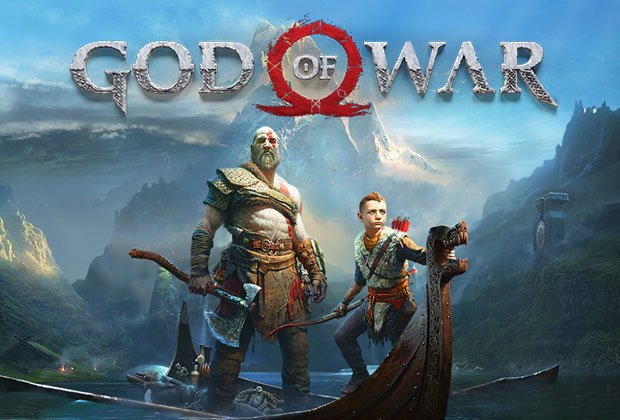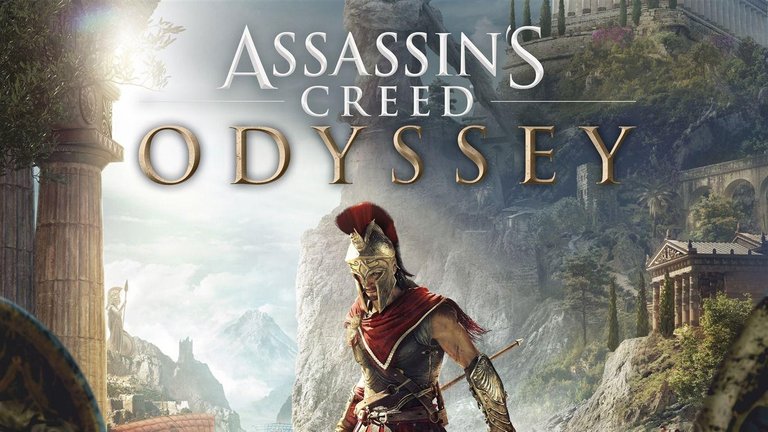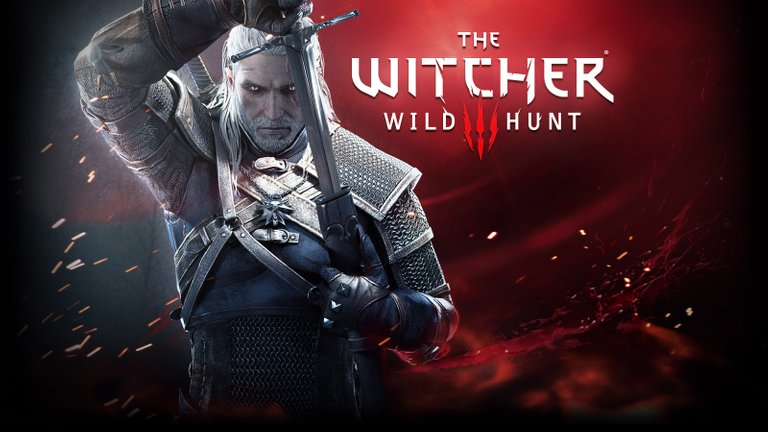
Hello there! If you ever played multiple games in a series, you might have noticed that, sometimes, a new iteration is different from what came before. It doesn't always happen (just look at every recent Call of Duty game), but when it does, it leads to interesting results.

A first example of this I really want to look at is God of War (2018). It turned a linear spectacle fighter into an open world-ish over the shoulder action game with slower gameplay, based on using a shield and dodge rolls and the occasional axe throw or Blades of Chaos slash. This slower pace and more restricted combat system with only two weapons is contrasted by the combo-based orgies (both literally and figuratively) and unending armies of monsters of the original series and the numerous weapons and abilities present in those games. Personally, I liked both versions of the God of War Series, but I can not deny the fact that the only thing linking the old with the new is Kratos, now an older and more patient man, but you can see glimpses of his old rage throughout the game, especially when his son, Atreus, is in danger. One huge issue I have with the most recent entry is the platforming which has no stakes as you can not fail at it and it is highly contextual, meaning it is only a waste of time which could have been solved by adding obstacles which would need to be overcome and maybe letting me fall into the void if I try to jump off a wall. Overall, I count this as a win for the developers, reinvigorating the franchise with a fresh coat of Norse paint.

Another series I want to delve into is Assassin's Creed, and there are many of those games, so we'll be here for a while. What started as a humble Prince of Persia spiritual succesor turned into a media empire. Initially, the game took a more mundane approach, skulking around cities, gathering information by either eavesdropping, stealing letters or beating up town criers , and eventually killing your target and making a dash for sanctuary from the bloodthirsty guards. I really liked the concept of the first game, using the mundane information collecting to contrast the assassination of high-profile targets. Assassin's Creed 2 did away with the busywork and went for integrating the investigations into varied story missions and it was also really good stuff. Assassin's Creed Brotherhood brought a new combat system into the fold, letting you string kills. Assassin's Creed 3 brought the new engine to the series but kept gameplay mostly the same, with the big new feature glued on: ship combat, which was a pretty neat addition.

Fast forward to Unity, which overhauled every aspect of the gameplay, resulting in the best looking traversal system, harder combat in which a counter was not an instant kill and a full on stealth system with cover and a last known position indicator. Syndicate came along, adding the gang mechanics and changing the combat to a Batman Arkham style and then came Origins which changed the structure of the gameplay again. It featured a much better combat system, in which enemies would gang up on you and the new version of eagle vision, which was literally viewing the area from the perspective of an eagle. This one also brought a new emphasis on exploration, as the Egyptian location which was provided was huge and filled to the brim with things to find. Odyssey came along a year later, bringing with it branching paths into the missions and a modified combat system yet again, but it also threw most of the stealth aspect out the window, focusing more on waging wars for Athens and Sparta. Overall, each formula tweak brought with it a bit of freshness (my favourites being the Unity and Origins iterations of it), but you can clearly see that the most recent game at this point shares only the name of the original, featuring no stealth and mundanity to contrast the bombastic action.

The last series I want to look at for now is the Witcher series. The series started with...evidently...The Witcher, a hub-based RPG with pretty clunky gameplay, as it was running on an ancient engine which was created for more restrained games. It was a pretty good starting point, granting quite a lot of wiggle room in its quest design, but the combat was just atrocious. Then came The Witcher 2, which looked miles better, but it brought with it a few puzzling design choices, such as removing the ability to jump, a better combat system which was not suited for the combat encounters (it is great for 1 on 1 combat, but you mostly face groups in the game) and an interface which is mostly designed around a controller and it is very clunky to use without one. In 2015 came The Witcher 3, which turned the series open world and granted the players the freedom to climb almost everything and freely jump, but also a reworked combat system which suited both groups and duels. They also added modes of transportation to the game, mainly horses and boats, to make traversing the maps easier and more enjoyable. This series really showed growing pains since the beginning, but the final game in the series is the best from a technical and mechanical standpoint and I'm hoping that CD Projekt, with their great ambitions, will make full remakes of the first two games.
All in all, changing the formula seems to be a good thing, but you risk making an entirely new game wearing the husk of the old one, pretending to be it. Changing or removing game mechanics must be done in a very thoughtful manner, as those mechanics were there for a reason in the original, and any modification can upset the balance of the design. An extreme example of this is taking out the timer in Dead Rising 4, as it removed all the tension the game could have had.
Archdruid Discord: https://discord.gg/cw3z74s
GamingHD Discord: https://discord.gg/CZSXJwy
You should check out @free999enigma @unacomn @stefanonsense @cm0isa